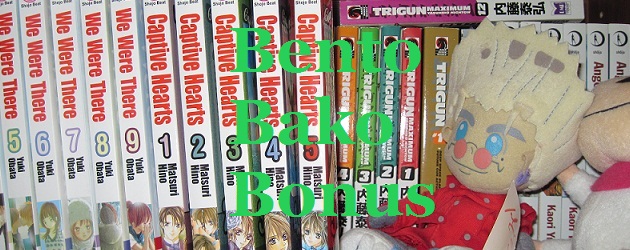 Analog #1
Analog #1
Publisher: Image
Story: Gerry Duggan
Pencils: David O’Sullivan
Colors: Jordie Bellaire
Letters: Joe Sabino
Cover: David O’Sullivan
I don’t like cringing when I read. That’s not to say that Duggan and O’ Sullivan’s Analog #1 wasn’t an entertaining literary experience. Quite the contrary in fact, as I was captivated from the start. I just can’t help but wish the team had a bit more fun with this premise. The first issue certainly starts off cryptic enough, with shadowy bag men shadowing shadowy couriers, who in turn present shadowy briefcases to shadowy clients. If there were anymore noir dripping from these pages, the characters would be indistinguishable from the text. By the end, I was actually longing for a touch more levity to go along with my sizable helping of dystopian paranoia.
Ledger Man Jack McGinnis, formerly of the NSA, along with his hired gun Oona, paint a picture of utmost discretion and professionalism. Jack and his partner share no compunction about the judicious application of violence, but then neither do their numerous pursuers. Ledger Men have replaced secure tunneling protocols and end to end encryption as the preferred the method for the delivering confidential data. Owing to the “the great doxxing,” the massive data breach that rendered the internet useless for storing and sending sensitive information, these clandestine agents have ridden a resurgence in the relevance of the Cold Warrior modalities.
Duggan’s on the nose commentary is a little dry for dystopian satire. And that’s where the cringe comes in. For all the mystery and intrigue to be explored in this impossibly rich setting, I can’t help but feel like much of it is squandered pandering for relevance. If that’s the worst thing I can say about a book, that it’s too relevant and hits too close to home, then at the very least the team has excelled in saturating the narrative with context and urgency. Launching this kind of excoriating salvo, especially in light of the recent Cambridge Analytica scandal, seems almost prophetic.
This team knows their craft and execute with marked efficiency. O’ Sullivan’s art is clean and direct as the commentary, and yet somehow packs a convincing seediness into the panels. This world can be an ugly place, but was made one by persistent choice and unrepentant vice. And Bellaire’s tonal composition, with persistent greys, blues, and browns grounds it all. The package is cohesive, the message is aggressive and unapologetic, the narrative is tight and briskly paced. All I would ask, going forward, maybe a lighter touch. More subtlety in the delivery, though the depth is very necessary. That said, with or without the salt, keep the shots coming.
Christian Davenport



